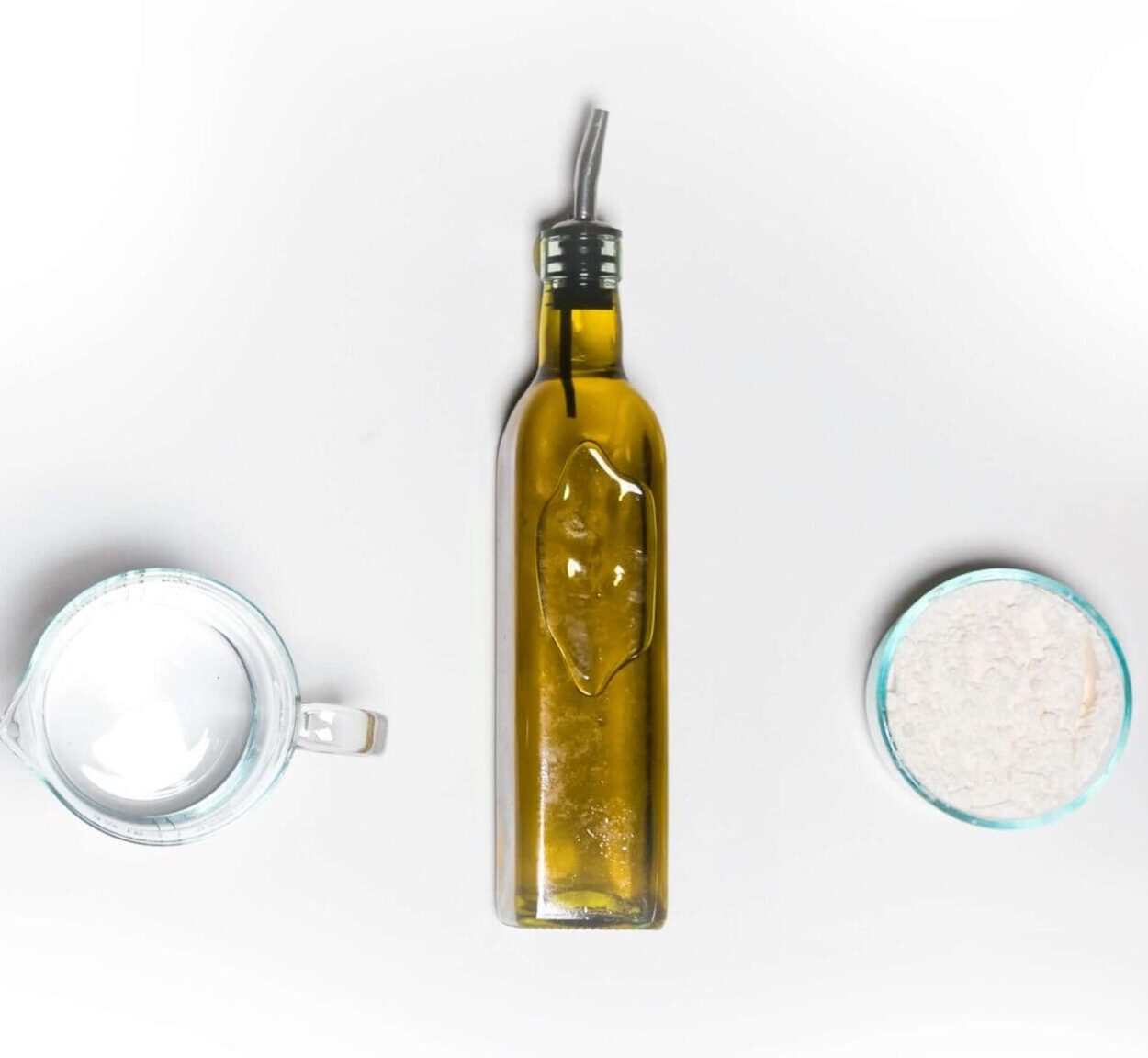Introduction
Hello friend! Today I want to delve into nutrition considerations related to stem cell transplants. Maintaining a well-balanced diet is essential, particularly during periods of weakened immunity or heightened susceptibility to foodborne illnesses. Whether you’re anticipating or recovering from a stem cell transplant, understanding the nuances of dietary choices is crucial in safeguarding your health. Below, we’ve compiled a comprehensive guide, outlining foods that are safe or best avoided during this critical phase of your health journey.
Before delving into the specifics, it’s essential to consult your medical team, comprising your doctor, nurse, or dietitian, for any clarifications or concerns regarding the diet or safe food preparation. Their guidance is invaluable in customizing a dietary plan that suits your unique health circumstances. Additionally, they can advise you on the timeline for transitioning away from these guidelines, indicating your improved health and immunity progress.
Who Needs to Follow Stem Cell Diet Guidelines
Autologous Transplant Patients: It is generally advised to adhere to this dietary plan for the initial three months post-transplant to strengthen your immune system and minimize the risk of infections.
Allogeneic Transplant Patients: The recommended course is to maintain the dietary guidelines until you are no longer on any immunosuppressive therapy, ensuring your body is equipped to combat potential infections effectively.
7 Ways to Prepare for Stem Cell Treatment
Preparing for a stem cell transplant requires a comprehensive approach that encompasses various aspects of nutrition and lifestyle. Here are seven key areas to focus on to strengthen the body before a stem cell transplant:
Nutrient-Dense Diet: Prioritize a nutrient-dense diet rich in fruits, vegetables, whole grains, lean proteins, and healthy fats to support the immune system and overall well-being.
Hydration: Maintain adequate hydration by consuming sufficient fluids, as recommended by healthcare professionals, to support the body’s physiological functions and promote optimal organ function.
Physical Activity: Engage in regular physical activity as per the guidance of healthcare providers to promote muscle strength, cardiovascular health, and overall physical well-being.
Stress Management: Implement stress management techniques such as meditation, deep breathing, or yoga to reduce stress levels, promote relaxation, and support mental well-being.
Sleep Quality: Establish healthy sleep habits to ensure adequate rest and recovery, as quality sleep is essential for immune function and overall health.
Safe Food Practices: Adhere to strict food safety practices to minimize the risk of foodborne illnesses, especially due to the increased susceptibility to infections associated with a compromised immune system.
Emotional Support: Seek emotional support from friends, family, or support groups to foster a positive mindset, reduce feelings of isolation, and enhance overall emotional well-being during the preparatory phase for the stem cell transplant.
Focusing on these key areas can help individuals undergoing a stem cell transplant strengthen their overall health and well-being, thereby better preparing their bodies for the demands of the transplantation process.
Nutrition Related Concerns
Proper nutrition plays a vital role in supporting the recovery process of patients undergoing Hematopoietic Stem Cell Transplantation (HSCT). Consulting with a registered dietitian to create a personalized nutrition plan that meets the specific needs of the patient is crucial. Regular monitoring of nutritional status and maintaining open communication with the healthcare team are key in ensuring the patient’s well-being during the recovery journey.
Meeting Energy Demands During Stem Cell Treatment
The energy requirements of HSCT patients are significantly higher due to the body’s increased energy expenditure during the transplant process. Depending on the type of transplant (autologous or allogeneic), patients may need 130% to 150% more energy than their regular intake, approximately 30 to 50 calories per kilogram per day. After the procedure, recommended calorie intake typically ranges from 25 to 30 calories per kilogram per day for patients without severe malnutrition and 35 to 45 calories per kilogram per day for those with malnutrition. However, it is essential to be cautious, as excessive energy intake post-transplantation can lead to elevated blood sugar levels.
Sufficient Protein Intake
HSCT patients are at risk of tissue damage due to various factors such as infections, fever, and treatment procedures like chemotherapy or radiotherapy. Adequate protein intake is vital for preserving muscle mass and supporting the body’s recovery post-cytoreductive therapy. The required protein intake depends on the severity of malnutrition, disease progression, and the body’s stress levels. Generally, patients should consume 1.4 to 1.5 grams of protein per kilogram of body weight per day, which can increase to 2.0 grams in certain cases. This intake helps in tissue repair, growth, and strengthening of the immune system.
Balancing Fats
For patients undergoing HSCT, an additional energy supply (20% to 30%) from fats is recommended. Optimal fat sources should include a combination of long and medium-chain triglycerides, while trans fats should be avoided. Saturated fats should constitute less than 7% to 10% of total energy intake, with unsaturated fats comprising about 10% to 15%. Omega-3 fatty acids play a significant role in regulating the immune system, potentially minimizing post-HSCT complications by modulating the body’s response to certain signals.
Importance of Hydration
HSCT patients should maintain a similar fluid intake to that of generally healthy individuals. A standard guideline suggests consuming approximately 1 milliliter of fluid for every calorie ingested or 35 milliliters per kilogram of body weight. However, certain conditions such as fever, abdominal swelling, edema, abnormal connections, frequent vomiting, or diarrhea may necessitate adjustments in fluid intake. Medical professionals will evaluate these factors to determine the appropriate fluid requirements for each patient.
15 crucial measures to follow to ensure food safety:
- Hand Hygiene: Wash hands thoroughly with soap and water before handling any food.
- Food Preparation Surfaces: Clean and sanitize all food preparation surfaces, utensils, and equipment before and after use.
- Proper Cooking: Ensure all foods, especially meats and eggs, are cooked thoroughly to their recommended temperatures to kill any harmful bacteria.
- Separate Raw and Cooked Foods: Keep raw and cooked foods separate to prevent cross-contamination.
- Safe Storage: Store perishable foods in the refrigerator promptly and at the appropriate temperatures.
- Thawing Safety: Thaw frozen foods in the refrigerator or microwave rather than at room temperature to prevent bacterial growth.
- Fresh Produce Handling: Wash all fruits and vegetables thoroughly under running water before consumption.
- Avoid Raw and Unpasteurized Products: Refrain from consuming raw or unpasteurized dairy products, eggs, and juices to minimize the risk of foodborne illnesses.
- Safe Seafood Consumption: Ensure that seafood is cooked thoroughly, and avoid consuming raw or undercooked seafood to prevent infections.
- Proper Leftovers Handling: Store leftovers promptly in the refrigerator and consume them within a safe time frame.
- Avoid Contaminated Water: Consume only filtered or boiled water and avoid ice cubes made from tap water.
- Check Expiry Dates: Check expiration dates on all food products and discard any expired items.
- Avoid Buffets and Salad Bars: Refrain from consuming food from salad bars, buffets, or self-serve food stations where cross-contamination is possible.
- Safe Takeout Practices: Ensure that takeout food is hot and fresh when received, and refrigerate any leftovers promptly.
- Consult Healthcare Provider: Seek guidance from a healthcare provider or a registered dietitian for personalized recommendations on specific dietary restrictions and food safety measures.
Adhering to these food safety guidelines can significantly reduce the risk of foodborne infections and contribute to the overall well-being of individuals undergoing a stem cell transplant
General Tips for Maintaining a Safe Diet for Stem Cell Treatment
Fresh Fruits and Vegetables: Prioritize thoroughly washed produce, and steer clear of items with bruises or broken skin.
Meat, Fish, and Eggs: Avoid raw or rare-cooked options. Ensure all meat is thoroughly cooked, and eggs are fully cooked with no runny yolks.
Hygiene and Storage: Refrain from keeping leftovers for more than three days. Avoid sharing food or drinks, and maintain strict hygiene standards during food preparation.
Dining Out Precautions: Opt for early dining. Request fresh preparations in restaurants, and avoid raw fruits and vegetables while dining out.
Dairy Products: Only consume pasteurized options and refrain from unpasteurized varieties.
Wrap-Up
Following a diet after stem cell treatment can be an important aspect of the overall recovery and healing process. Specific dietary recommendations can vary depending on the type of treatment, the medical condition being treated, and individual health considerations. Always consult with your healthcare provider for personalized advice tailored to your specific situation.
I love working with survivors like you to banish food fears and learn how to truly NOURISH your body before, during, and after cancer and cancer treatments. Knowing when to ask for help is a sign of strength. What are you waiting for? Make 2024 the year where you crush your goals, thrive during treatments, and become the most radiant version of you. Are you ready? Click here to apply for my 1:1 coaching.
Citations
- Stem cell transplant diet. UPMC Hillman Cancer Center. January 2023. Accessed December 17, 2023. https://hillman.upmc.com/patients/community-support/education/miscellaneous/stem-cell-transplant-diet#:~:text=Avoid%20raw%20or%20rare%2Dcooked,rotten%20and%2For%20have%20mold.
This blog is not intended as medical nutrition therapy, medical advice, or diagnosis and should in no way replace consultation or recommendation from your medical professional.



